
International Fact-Checking Day is on 2 April – the day after the annual feast of benign fake news stories and hoaxes that is April Fool’s Day. It promotes fact-checking to combat malicious fake news around the world. The day is organised by the International Fact-Checking Network, a team of journalists around the world coordinated by … Continue reading “International Fact-Checking Day”
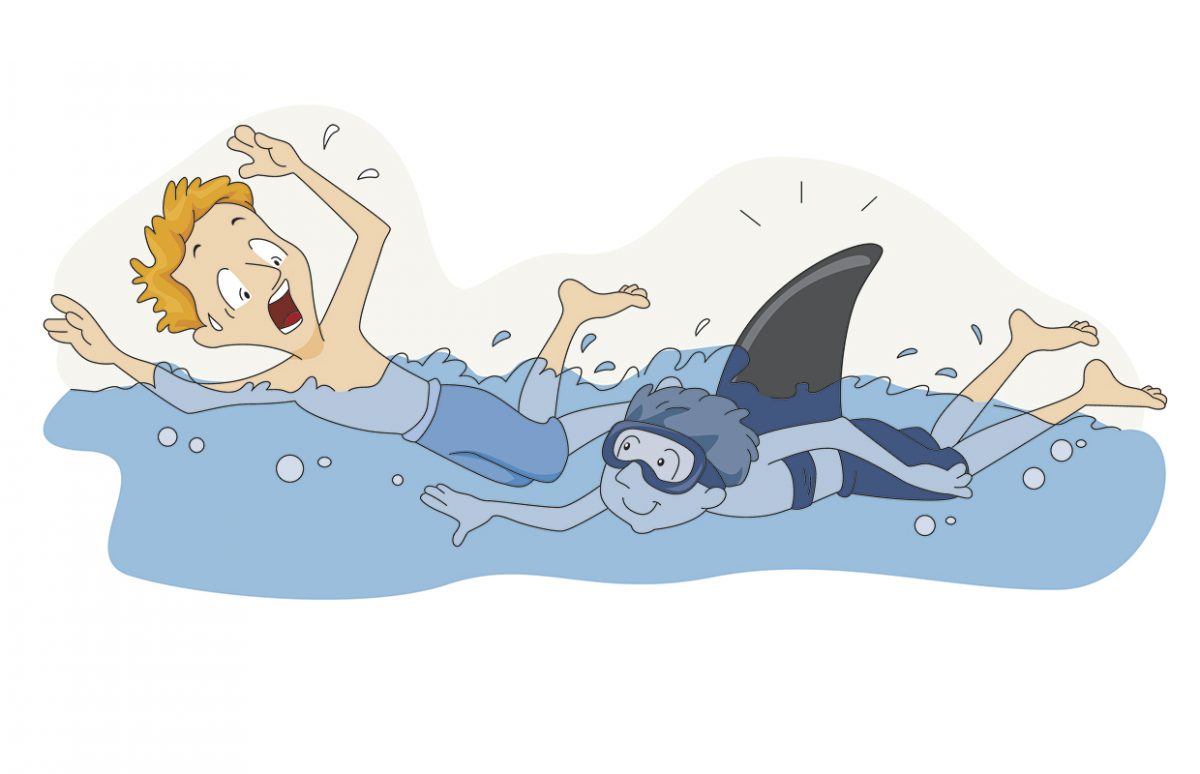
Traditionally, on April Fools Day, the media in the English-speaking world love to run hoax stories. But in these days of fake news, how easy will it be to tell the April Fools from the usual run of internet rumours on 1 April? Luckily, April Fools Day is followed by International Fact-checking Day. Which of … Continue reading “April Fools”
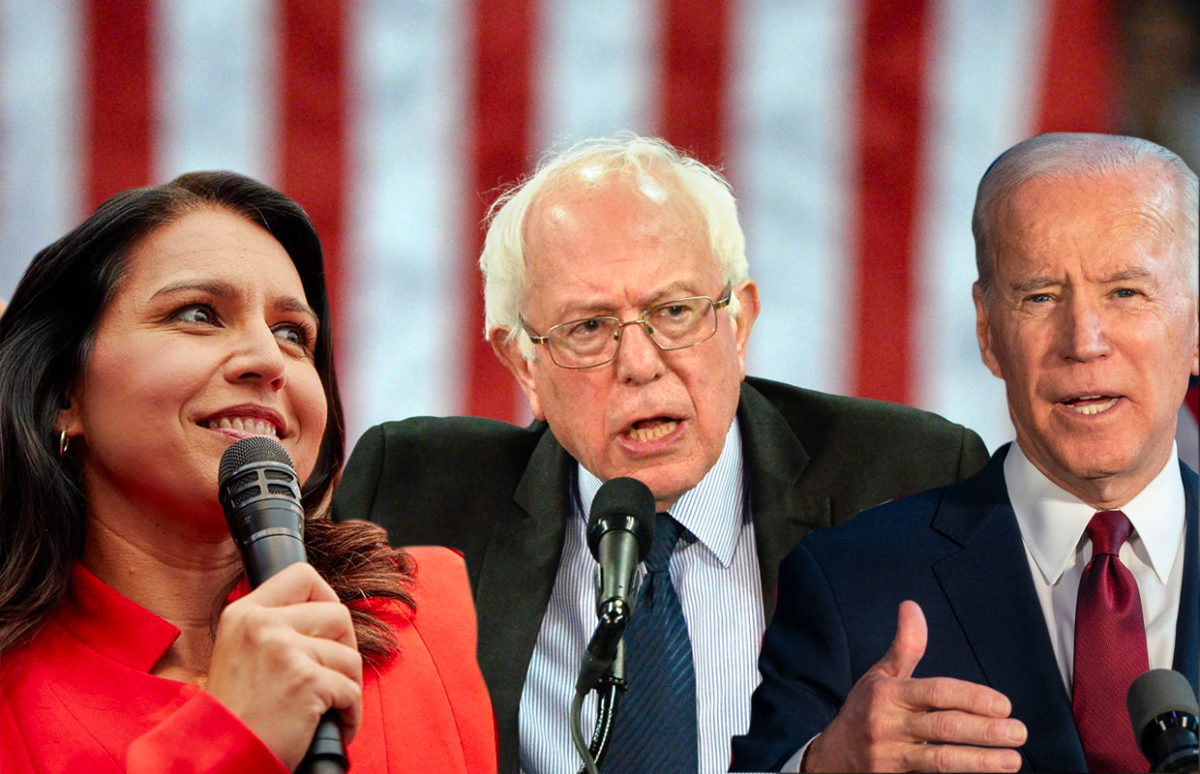
From a diverse field of almost thirty candidates, the campaign to find the Democratic candidate to oppose Donald Trump in November’s election has narrowed to a choice between frontrunners representing the left and the right of the party. The 2016 Democratic primary season started with just three candidates, including two rather atypical frontrunners: Hillary Clinton, … Continue reading “Getting Closer to the White House”

Sixteen-year old Jade Hameister from Melbourne, Australia, has undertaken a series of physical challenges from climbing to the base camp on Mount Everest to skiing to the North and South Poles. She is also an inspiring speaker and wants to encourage other young people, and particularly girls, to have the courage to test themselves, even … Continue reading “Polar Adventurer Video Resources”
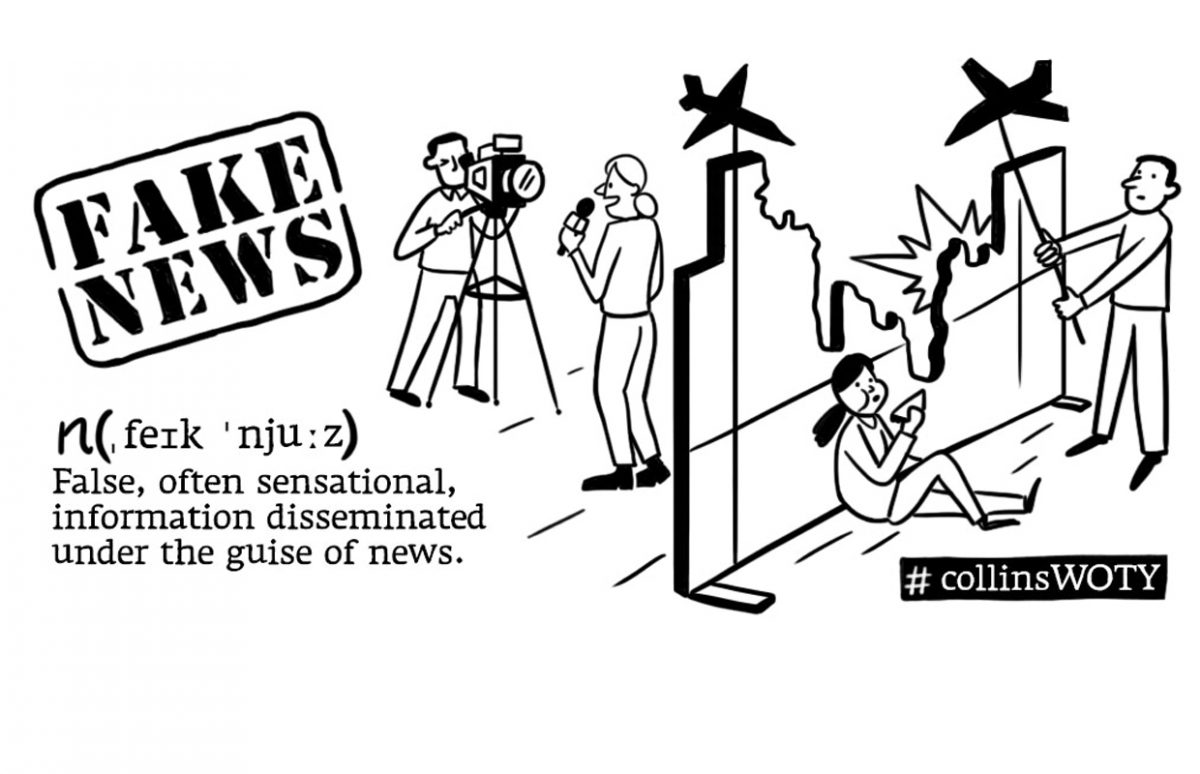
Each autumn, Britain’s Collins Dictionary announces a Word of the Year, a word or expression that has been omnipresent. For 2017, the WOTY is “fake news”, a term often associated with President Trump. The expression was used a lot during the election campaign. Since his inauguration in January, President Trump has brandished it regularly, on … Continue reading “Word of the Year: Fake News”
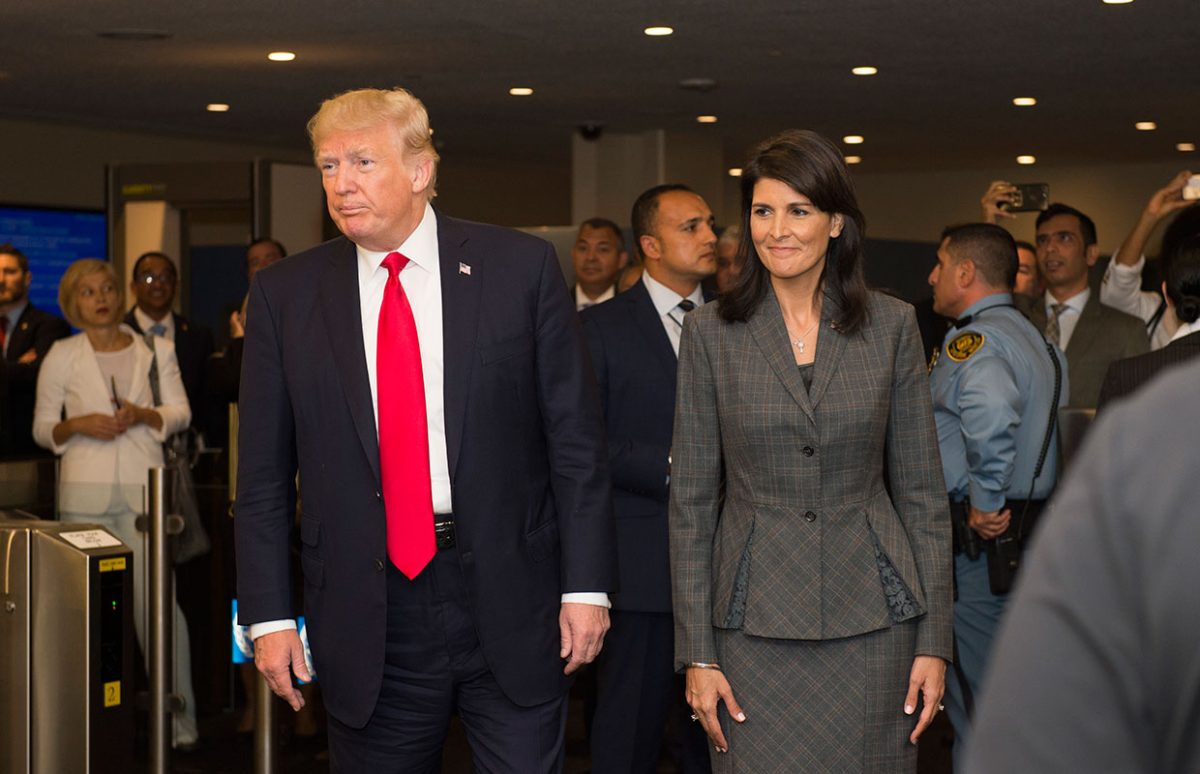
A slideshow, an article and a video to explain the United Nations General Assembly to your students, and let them see how young people can participate. This article from BBC children’s news programme Newsround does exactly what it says on the tin: explains “What is the United Nations”? The language is fairly simple. It’s usable … Continue reading “United Nations Webpicks”
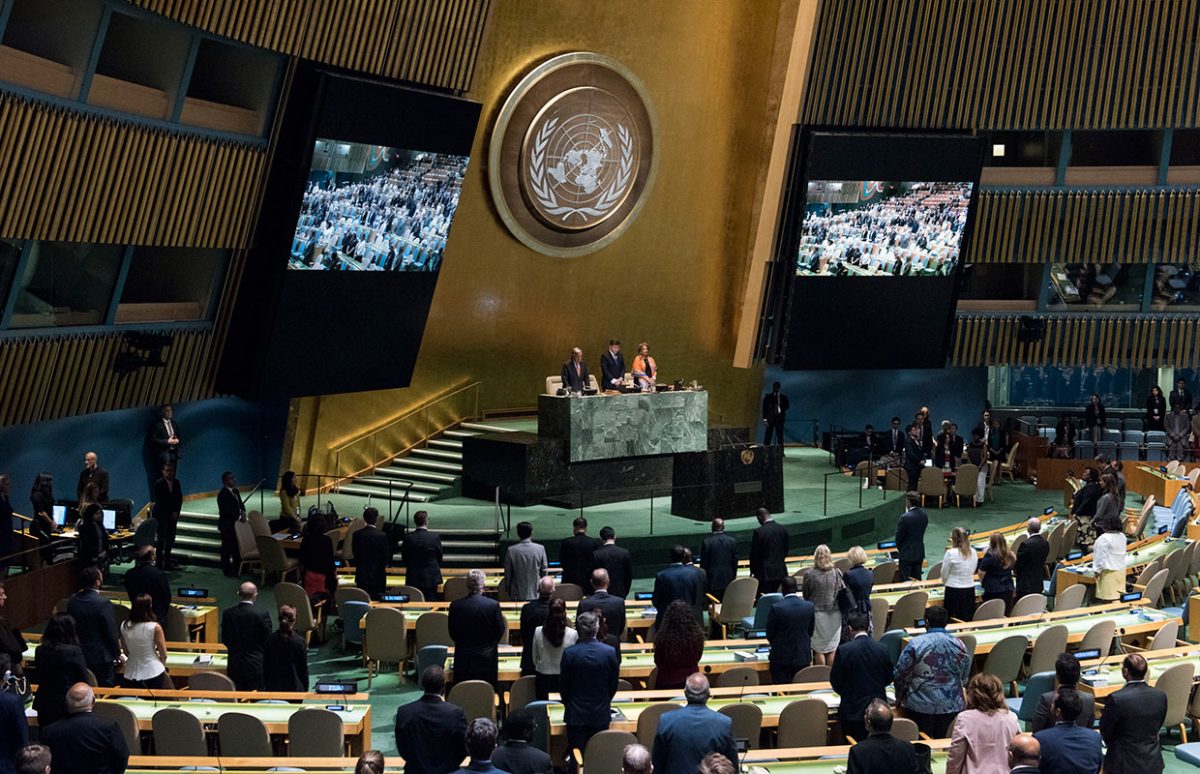
From 19 to 25 September, the world’s leaders will take the lectern in New York for the 72nd General Assembly of the United Nations. Amongst the delegates seeing world diplomacy at work for the first time are young people from more than 35 countries. United Nations Youth Delegates bring young people’s issues to the Assembly, … Continue reading “Young People Represent Their Countries at the U.N.”

On Jeans for Genes Day, 22 September, many people across the UK wear jeans to school or work to raise money and awareness of genetic disorders. The Jeans for Genes charity provides excellent videos telling the stories of children living with the disorders. We’ve made a selection suitable for class use. This film is only … Continue reading “Jeans for Genes Teen Videos”
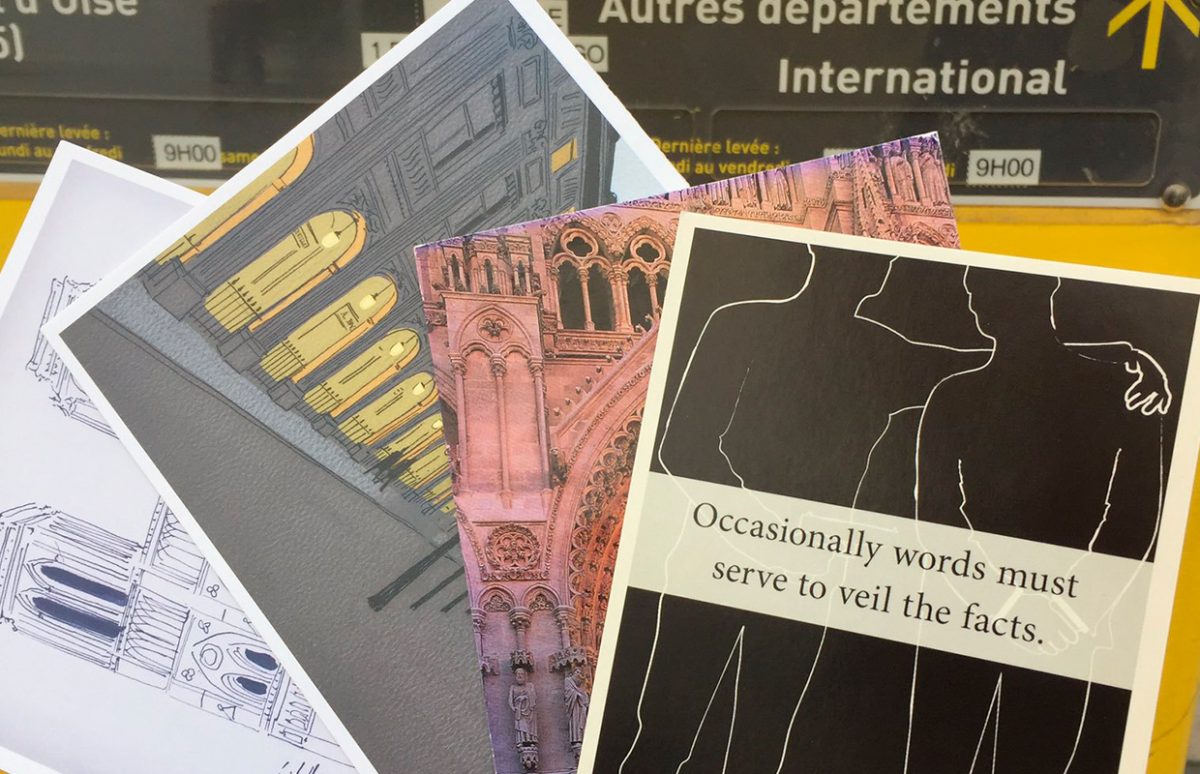
Postcrossing est un site internet. Il s’agit un réseau social qui permet de recevoir et d’envoyer des cartes postales partout dans le monde. Comment l’exploiter en classe d’anglais ? Pourquoi ne pas organiser un concours de cartes postales ? Le premier projet décrit ici a été organisé deux années de suite au Lycée Albert Camus de Bois-Colombes. … Continue reading “Postcrossing: Postcards Project”
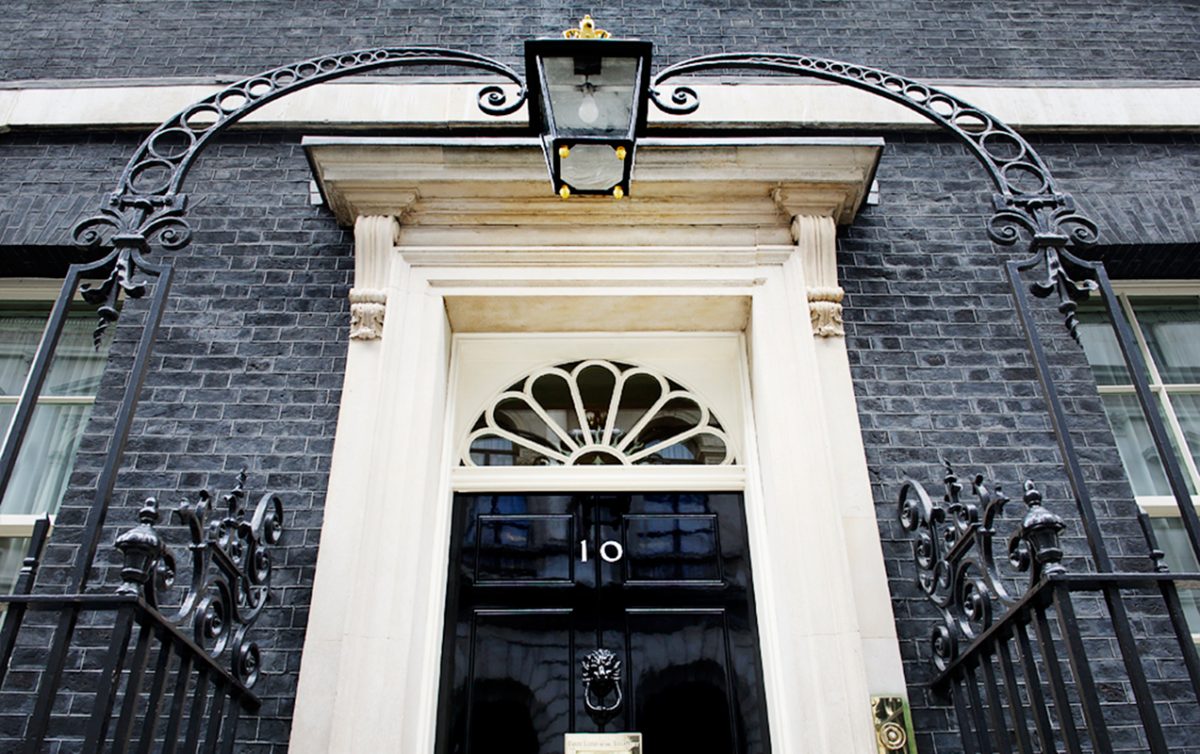
The UK General Election that was supposed to consolidate the Conservative majority has a resulted in a hung parliament: no one party has reached the 326 seats needed for an absolute majority. The sitting Conservative government has asked the Queen to form a government with the backing of the Northern Irish Democratic Unionist Party. The … Continue reading “Another UK Electoral Surprise”














